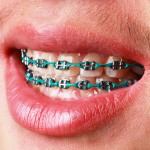
12 small studies were included in this review of orthodontic brackets and their effect on pain and oral hygiene. No differences were seen between self-ligating and conventional brackets
[read the full story...]
12 small studies were included in this review of orthodontic brackets and their effect on pain and oral hygiene. No differences were seen between self-ligating and conventional brackets
[read the full story...]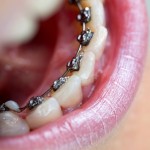
Only 6 studies were available for this review of the adverse effect of lingual and buccal orthodontic treatment. The available data suggests that lingual orthodontic techniques may induce higher levels of pain, speech difficulties, and oral hygiene problems but thes findings should be views with caution because of the limited quality of the evidence.
[read the full story...]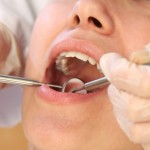
Only 18 studies were identified for this review of caries risk assessment models. Previous caries experience and salivary mutans streptococci levels were the only two methods with more than 3 studies and the quality of evidence for these two approaches was low.
[read the full story...]
63 studies were included in the review of the association between breastfeeding and caries. The majority (73%) were cross-sectional. The findings suggest that breastfeeding up to 12 months of age is not associated with an increased risk of dental caries and in fact may offer some protection compared with formula.
[read the full story...]
Eight RCTs were summarised in this review suggesting that regular patient motivation sessions and cleaning by a hygienist helped maintain good oral hygiene. No quantitative summaries was conducted so the magnitude of the benefit is unclear.
[read the full story...]
This small study in orthodontic patients suggests that text messaging might improve plaque control in short term. Larger better quality studies are needed to provide more definitive answers.
[read the full story...]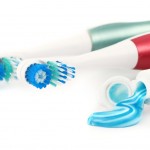
The 2010 Cochrane review of powered toothbrushes (Deacon et al) provided some evidence that rotational oscillation powered toothbrushes are more effective than other designs. However, the available evidence was based on short-term studies and the differences were small, so the clinical importance was unclear. The aim of this study was to investigate the effect of [read the full story…]
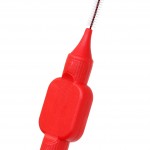
Good oral hygiene to ensure the effective removal of dental plaque is key to maintaining good oral health. While toothbrushing is the most commonly used method, dental floss and interdental brushes are both widely available and recommended adjuncts to toothbrushing. A 2011 Cochrane review by Sambunjak et al assessed the evidence for dental floss (Dental [read the full story…]

Compliance with oral hygiene measures during orthodontic treatment is important in order to prevent white spot lesions (WSL) developing. The aim of this study was to determine if there is a relationship between reminding patients of the importance of oral hygiene via weekly text message reminders sent to their parents/guardians and demonstrated oral hygiene compliance. [read the full story…]

We have previously looked at a review and a number of studies addressing the issue of oral hygiene and ventilator-associated pneumonia (VAP) and (Dental Elf May 20th 2013). A new Cochrane review has just been published which aimed to assess the effects of oral hygiene care (OHC) on the incidence of VAP in critically ill [read the full story…]